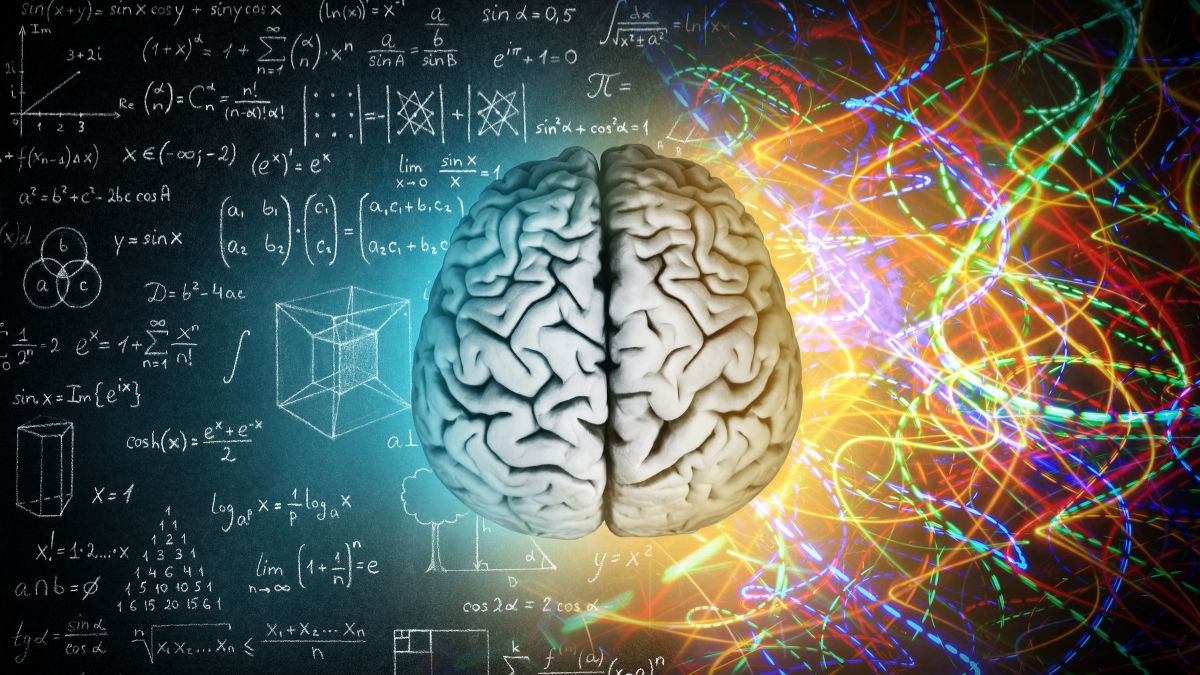
Can or will artificial intelligence displace human intelligence? As artificial intelligence (AI) automates tasks, processes millions of data points in seconds, and generates content with algorithmic precision, a key question grows for marketers: what human skills will remain relevant (and even indispensable) in this new work environment?
ALSO READ. Social search: SEO and how to adapt to Gen Z’s new search logic
Far from becoming obsolete, talents that appeal to critical thinking, empathy, effective communication, or social leadership are gaining prominence amid the technological boom. This is confirmed by the Artificial Intelligence (AI) Job Market report, with data provided by Statista, the World Economic Forum, DevSkiller, and McKinsey.
This article analyzes the human skills that companies will continue to value in 2025 and beyond, especially in marketing and communication teams.
🧠 Analytical thinking leads business priorities
According to the report, 69% of employers consider analytical thinking the most important skill for the coming years. Despite the rise of AI, it remains essential for people to:
- Evaluate information with judgment
- Identify patterns and trends
- Propose creative solutions to complex problems
- Make strategic decisions in uncertain environments
In digital marketing, where data abounds, the difference between a valuable profile and a replaceable one will be the ability to interpret that data with business sense.
🎨 Creativity and innovative thinking: more important than ever
The report highlights that 57% of companies consider creative thinking a fundamental skill, especially in contexts where machines automate routine tasks but cannot (yet) conceive original ideas or powerful emotional narratives.
In this regard, marketing professionals will continue to be indispensable for:
- Designing campaigns with emotional impact
- Creating unique brand concepts
- Designing memorable customer experiences
- Innovating in how they communicate and connect with audiences
AI can suggest, synthesize, or replicate, but the spark of true originality will remain human.
💬 Communication, empathy, and active listening
Another relevant fact: 50% of employers consider empathy and active listening as critical skills for the future. In an environment where interactions are increasingly digital, the human touch becomes a differentiator.
This directly applies to roles in relationship marketing, customer experience, brand management, and content. AI can respond efficiently, but understanding emotional nuances, interpreting context, or responding warmly are still irreplaceable human abilities.
Additionally, effective communication—within multidisciplinary teams, with clients, or with audiences—remains an essential component for coordinating hybrid strategies between humans and technology.
🤝 Social leadership and talent management
The report also highlights the value of leadership and social influence, recognized by 61% of employers as a critical skill. In increasingly collaborative marketing environments, it will be necessary to:
- Inspire human and digital teams (yes, coordinating AI will also be part of the job)
- Motivate innovation from empathy and vision
- Lead cultural shifts towards digital
- Integrate technology without losing the brand’s purpose
Additionally, talent management (47%) and service orientation (47%) complement this skill map, confirming that marketing will not be just about data but also about relationships, people, and influence.
🔄 Resilience, curiosity, and continuous learning
As technology evolves rapidly, soft skills associated with adaptability and learning will be key:
- Resilience, flexibility, and agility (67%)
- Curiosity and lifelong learning (50%)
- Motivation and self-awareness (52%)
Professionals who embrace change, explore new tools, and maintain a continuous improvement attitude will be the most successful in their careers.
✅ Technology enhances but does not replace the human essence
The Artificial Intelligence (AI) Job Market report makes it clear that in the age of algorithms, human skills do not disappear: they become more valuable. AI will be a powerful ally for technical, repetitive, or analytical tasks, but it will still need the guidance, ethics, empathy, and creativity of the human factor.
For marketing professionals, this means the true differentiator will be combining digital skills with a solid foundation of critical thinking, communication, leadership, and sensitivity.









